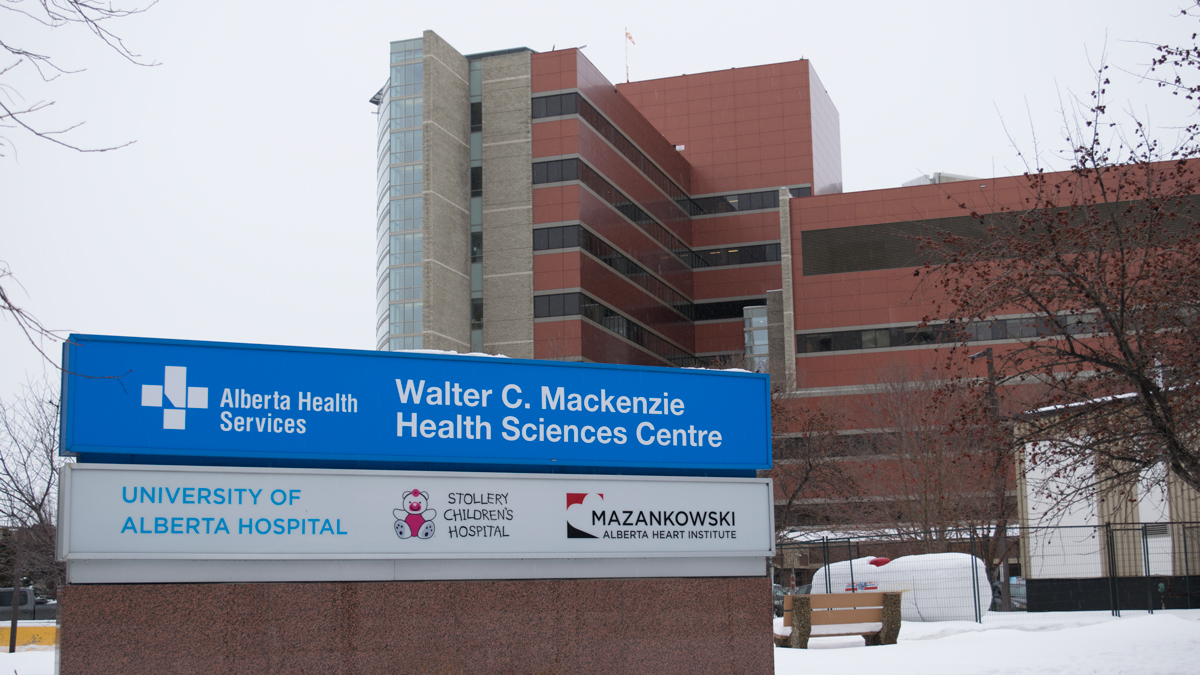 Alexander Cook
Alexander CookUniversity of Alberta developmental pediatrician and assistant professor in the department of pediatrics, Sabrina Eliason, co-published a journal article exploring the diagnosis of fetal alcohol spectrum disorder (FASD). According to the article, the diagnosis contributes to racist biases and stereotypes in health care.
“FASD implies that the known primary cause of the child’s developmental impairments and body differences are potentially due to prenatal alcohol exposure,” Eliason said.
Eliason is the medical lead for both the pediatric FASD outpatient clinic and autism assessment clinic at the Glenrose Rehabilitation Hospital. Throughout her clinical work, Eliason began to question if there was racial bias in the referral process for either clinic.
“I noticed differences between the children who were sent for an FASD assessment. [They] tended to be Indigenous or from children’s services, compared to the kids that I was seeing in our autism assessment clinic. [They] were often coming with their biological parents, often non-Indigenous, and not in children’s services,” she said.
A FASD diagnosis can change how a child is perceived, “but it doesn’t actually change what supports the child would benefit from,” Eliason said.
Eliason proposes “neurodevelopmental disorder diagnosis” in place of FASD
According to Eliason, a FASD diagnosis can contribute to unique blame on Indigenous mothers.
“These particular moms may have experienced more racism or more barriers to care, and have more experiences with trauma that were out of their control. [These factors] may have contributed to their child’s presentation, not just alcohol exposure,” Eliason said.
Diagnostic labels also have an impact on social acceptance, funding, and support, according to Eliason.
“To say that autism should receive more support than FASD, what does that really say? It tends to be that kids from families of higher socio-economic status are able to know what autism is to get a diagnosis. That’s contributing to inequities amongst people with disabilities,” she said.
According to Eliason, children should receive supports based on their individual needs, not a diagnosis.
“Children shouldn’t require a diagnostic label to get supports in school or from social services. I think it should be based on their individual needs,” she said.
“I propose in our paper that potentially we could have a neurodevelopmental disorder diagnosis. Perhaps that could serve as enough of a label to help the child qualify for supports.”
Eliason acknowledged resistance to the potential removal of the FASD diagnosis.
“There’s an argument that if the diagnostic label is removed, people will no longer understand that alcohol is a public health risk. I think that’s false,” she said.
“It’s also important to consider how this change could impact patients that have accepted this diagnosis and celebrate it as part of their identity.”
Additionally, Eliason encouraged physicians to reflect on accepted practices.
“There needs to be critical self-appraisal for all of us as physicians about the role we have in potentially perpetuating discrimination and stigma.”




